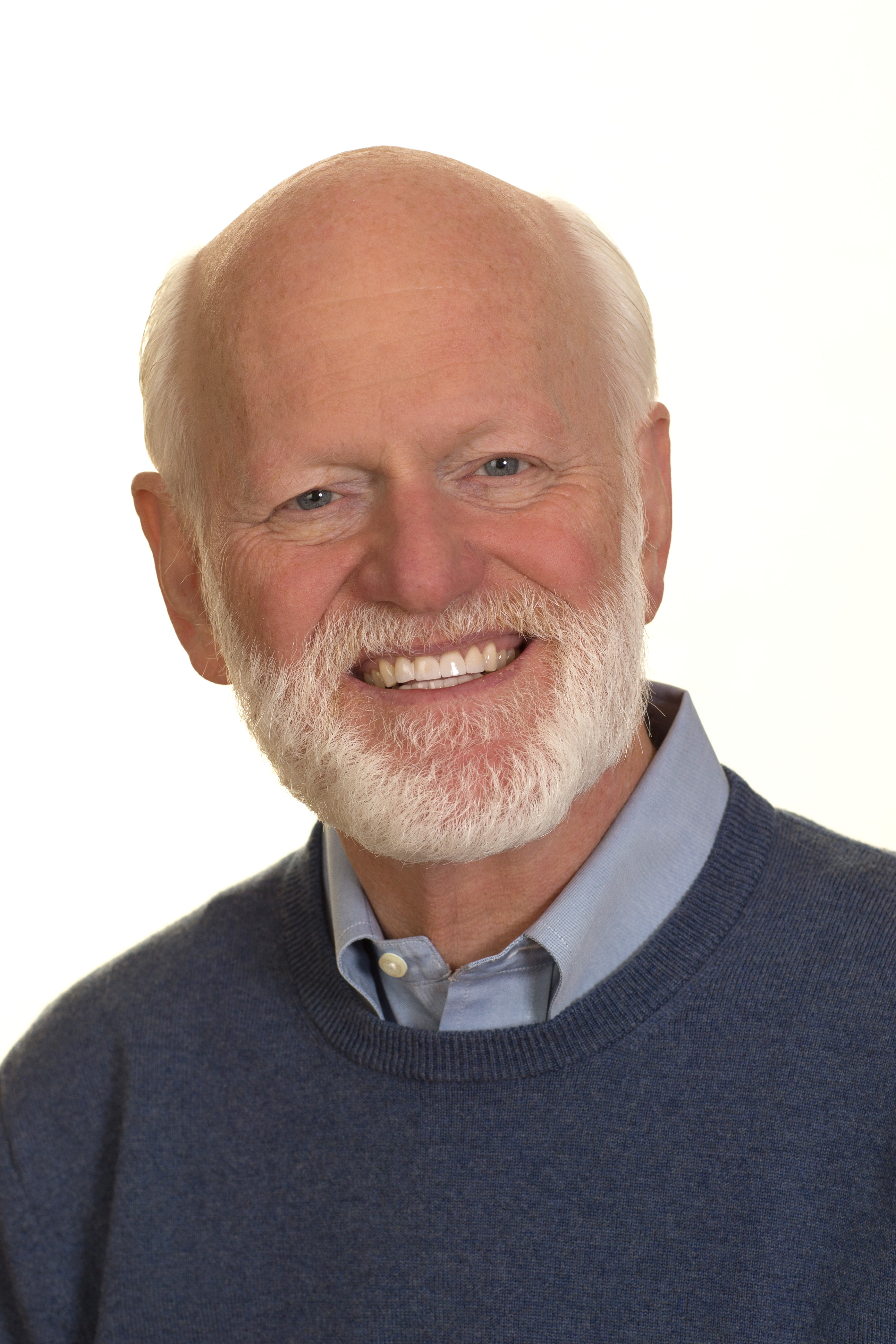“You’re probably thinking my life is awesome,” Marshall Goldsmith tells me when I meet him for an interview at an opulent Mumbai hotel. “Look at this man, travelling around the world, selling books, giving talks. He has everything.”
“But you know what,” he inches closer, his expression fierce. “There is something you have that I don’t. Do you know what that is?”
“Youth?” I say, unsure how he’ll take my joke.
“Yes,” he laughs, uproariously. “You have the years.”
Marshall Goldsmith is a celebrated author; long considered one of the world’s leading executive coaches. He has fixed many people’s careers and many others dutifully chase him for help. Some reach him and many others are satisfied naming him as their dream dinner guest.

The customer doesn’t have to buy, the salesperson has to sell. You sell what you can sell, change what you can change, and let the rest go.
Marshall Goldsmith
Goldsmith reinforces “the winning mindset” in every talk he gives, but he also talks passionately about purpose and happiness. But, there is one thing that he hates—victim behaviour, and that’s what he thinks we must all stay away from. Excerpts from an interview:
Is your leadership advice applicable to everyone—even the poor?
I was brought up poor. The middle school near my house in Kentucky, a US state, came next to last. I am not a believer in victim behaviour or whining. Life isn’t fair but you can’t dwell on that all day.
What can people who are at the bottom of the pyramid do?
Here are some lessons for everyone at the bottom of the pyramid. Our mission in life is to make a positive difference, not to prove we are smart or right. Every decision is made by those who have the power to make decisions. Not the smartest person, the most logical person, or the good person but by those who have the power. This is how the world works.
The customer doesn’t have to buy, the salesperson has to sell. You sell what you can sell, change what you can change, and let the rest go. If you are where you have a bad boss, leave as soon as you can. Start looking for another job.
Build skills. Build a network. Do whatever you can. Don’t be a victim, don’t whine. That goes no place. Do what you can do and get out.
What if change feels impossible and disillusionment clouds my vision?
When you feel disillusioned, there are two options: A. Work or B. Whine. My advice is to work. The world isn’t going to change just because you have needs. You can whine, complain, but the environment doesn’t change if you whine. In fact, you make it worse.
What’s the message of the Gita? You cannot change the cards you’ve been dealt in life. But you can change how you play the cards. You can’t change the past or the future. You can only control yourself.
So can people change their behaviour and change how they approach situations?
I have learned that everyone can change their behaviour. But they must have the courage to look into the mirror. They must have humility. I can’t help anyone improve who already thinks s/he is perfect. And they must have discipline.
What about stress?
I am not stressed because I love what I do.
So it comes down to loving what you do. How can one find what one loves to do?
How did I find what I love doing? I worked hard at it. People say they can’t find what they love, it’s because they don’t spend time on it. If you don’t know what you love, start looking. An average person spends more time planning their vacation than planning their life.
In fact, even what you don’t like is teaching you something. And if there is nothing in the entire world that you like to do or that makes you happy, maybe the problem isn’t the world. Maybe the problem is you.
Do your best to be happy. Do your best to find meaning. And do your best to get out if where you are is terrible.
Want to share your story of how you thrive? Write to us at [email protected]


